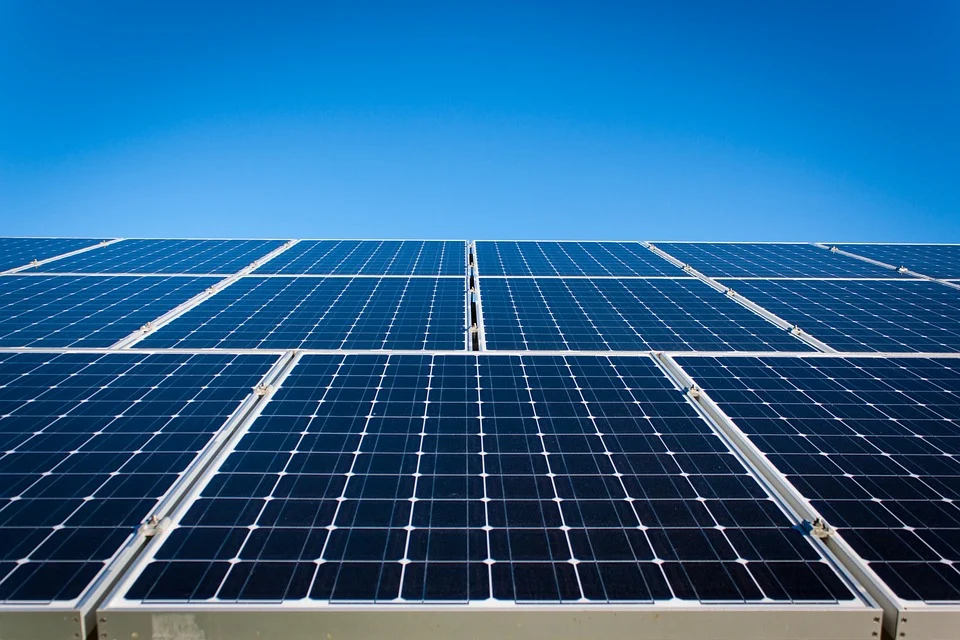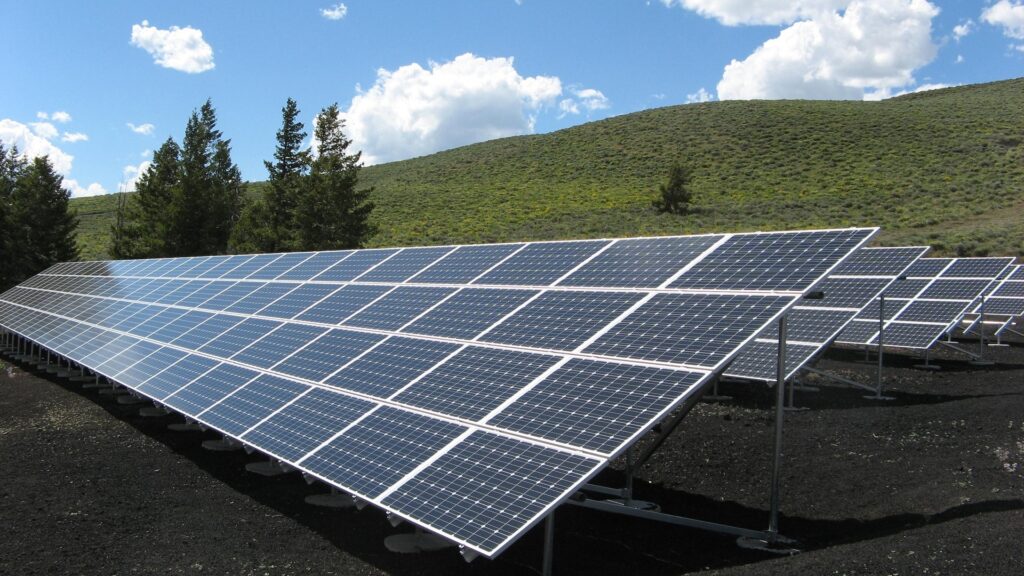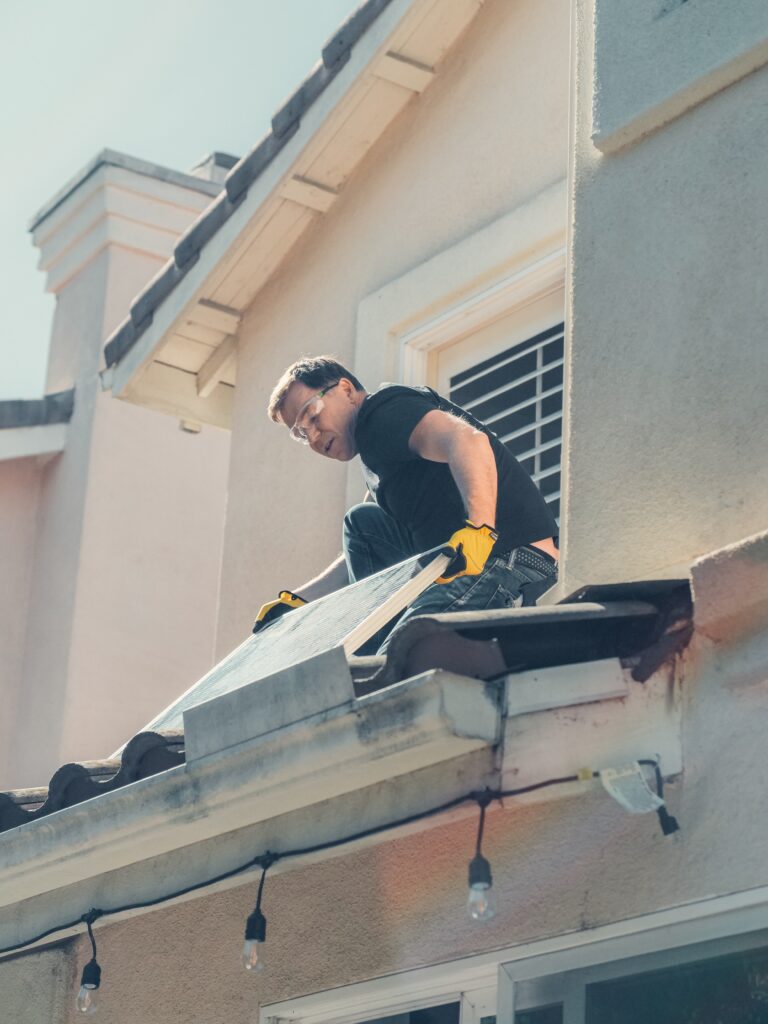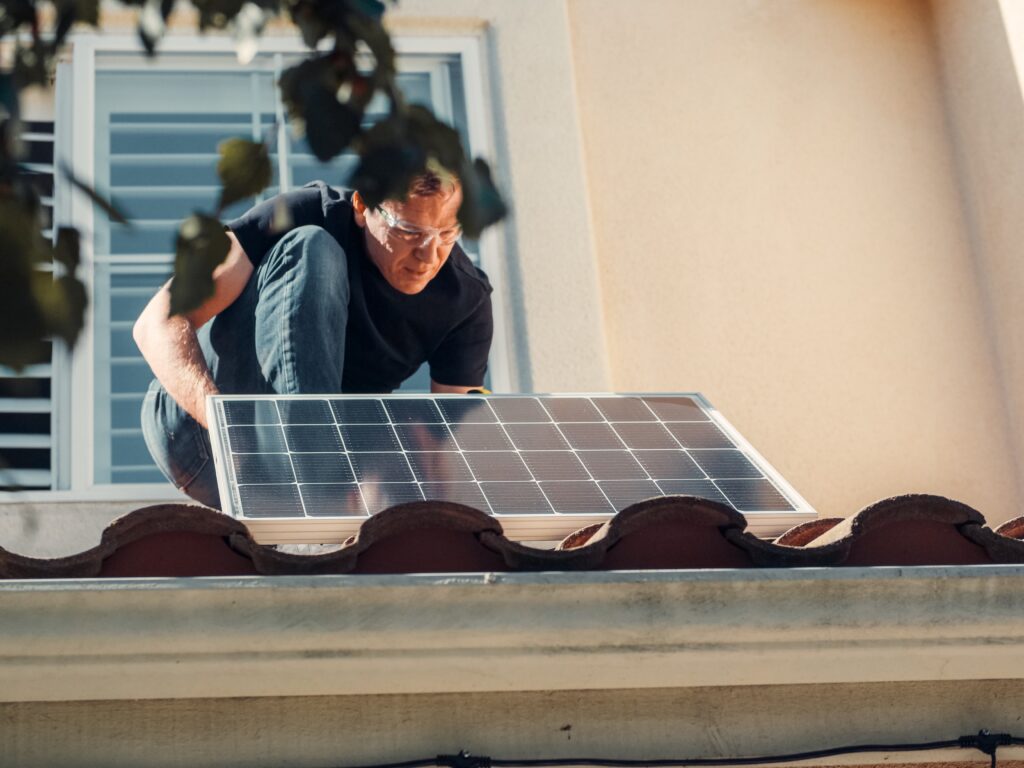The history of solar power in North Carolina
Compared to other states, North Carolina was slower in enacting solar-friendly regulations. The state approved its first solar-related law in 2003 to promote the usage of clean energy. The state added a number of new regulations in the years that followed to increase the appeal and affordability of solar energy for its citizens.
The state currently ranks fifth in the nation for solar energy generation, indicating that North Carolina’s efforts in solar energy have paid off. More than 5.1% of the state’s total electricity is produced by solar energy, which is sufficient to power close to one million residences. Throughout the past ten years, utility installations have accounted for the majority of solar installations, while there have also been several business and residential installations.
About 4% of homes across the US are powered by solar energy. By 2030, the number of Americans using solar power could triple and then some.
On the fence about adding solar panels to your home in North Carolina? Here are five benefits of solar power to consider first. Also, check out https://decoratoradvice.com/how-to-run-your-entire-home-on-solar-power/ to learn how to run your entire home on solar power.
Discover how soaking up the sun with high-quality solar panels can change your life.
Read on to learn more.
1. Tax Breaks
One of the top reasons people in North Carolina switch to solar energy is to save money. For example, you can benefit from potential tax breaks.
Talk to a solar power expert about the tax breaks specific to NC. You can reduce your federal taxes and find local tax incentives. You can contact the team at Blue Raven to learn more.
2. Protect Mother Nature
Traditional energy sources like fossil fuels can add harmful byproducts into the air we breathe. As a result, many people are turning to renewable resources like solar energy. One of the great benefits of solar power is its ability to protect the earth.
Otherwise, traditional energy sources can contribute to greenhouse gasses.
If you want to reduce your footprint and emissions, consider finding solar panels in NC instead.
You can protect the earth for future generations.
3. Save on Energy
How much are you currently spending on your monthly energy bills? Once the solar panel installation process is complete, you can cut costs. You can even use the solar power you generate to offset monthly expenses.
In fact, the cost of solar panels has dropped over the years as well. Since 2014, the average cost for solar PV panels dropped nearly 70%.
Once you switch to solar energy, the money you spend on solar panel installation will recuperate itself. You can start putting money back into your pocket once you make the switch.
4. Attract Buyers
Are you thinking of growing your family and moving into a new home in a few years? You can still benefit from solar energy! In fact, your solar panels might make your home more desirable.
Having solar panels installed can help you attract buyers to your listing. Otherwise, your home might blend in with others in the area.
You can even use your solar panels to boost your asking price.
Either way, you can experience long-term benefits once you choose solar power in NC.
5. Earn Credits
Once you start producing energy through your solar panels, you can sell the extra energy to your local electrical company. They’ll start sending you a credit on your electricity bill each month. Then, you can use that credit to save even more money!
Soak Up the Sun: 5 Amazing Benefits of Solar Power in NC
You don’t have to let energy expenses drain your account anymore. Instead, consider these benefits of solar energy in North Carolina. Once you make the switch, you can save money, make money, and save the earth.
Should you buy or lease your solar panels?
You have the option of purchasing or leasing solar panels when you decide to install them on your house. Although both solutions offer benefits, purchasing your own solar panels is ultimately more affordable. You may optimize your long-term energy savings by purchasing your solar system while also being eligible for the federal tax credit and other financial incentives. Also, having solar panels may raise the market value of your house by an average of $15,000.
Leasing solar panels is a wonderful choice for many individuals and may make solar power more affordable for a wider variety of homes, even if purchasing solar panels will result in the greatest long-term energy savings. Those that rent their houses or do not want to pay the upfront cost of purchasing solar panels can consider leasing.
While purchasing and renting solar panels are the two most popular alternatives, community solar initiatives offer a third choice that is becoming more and more popular in some regions. With community solar, customers may split the advantages of the solar energy the project generates with other nearby residences. You do not have to pay the initial fee for solar panels or have them installed on your property if you enroll in a shared solar program. It is perfect for customers who rent their homes or live in apartments, or who wish to lower their energy expenses while still obtaining some advantages from solar power.
Important solar factors to consider
Solar energy may be a great investment since it can lower your energy bills and the carbon impact of your house. But not everyone should use solar energy, so there are a few things you should think about before making a purchase.
To avoid any surprises before or during installation, think about these five aspects before choosing a solar panel system for your North Carolina home.
- Own or rent. Usually, homeowners are given more latitude to alter their homes. Nevertheless, tenants might not be able to install solar without their landlord’s permission, although community solar initiatives like Arcadia can be an option.
- Roof’s state. Before installing solar panels, a reliable solar installer will assess whether your roof needs to be repaired. Your roof’s age and condition will help you determine whether repairs are required before installing solar. The Department of Energy states that south-facing roofs with slopes between 15 and 40 degrees are ideal for solar electricity. The age, condition, and eventual replacement date of your roof should also be considered.
- Home address. Solar panels work best in regions with abundant sunshine. Fortunately, inhabitants of North Carolina can make good use of their solar panels, unlike those of places with more cloudy weather. Residents of North Carolina often have year-round access to sufficient sunshine for solar energy production. Homes facing away from the southern sky or with a lot of forest cover, however, could have less effective solar systems.
- HOA and local ordinances. To prevent issues before or after installation, take into account your HOA regulations or local limits.
- Insurance coverage for homes. Most house insurance providers allow you to include a solar system in your coverage. Before installing solar panels, start talking to your insurance provider to let them know about your house’s improvement.
Make the switch to solar power today.
Searching for more tips? You’re in the right place.
Explore our latest guides for more advice.




